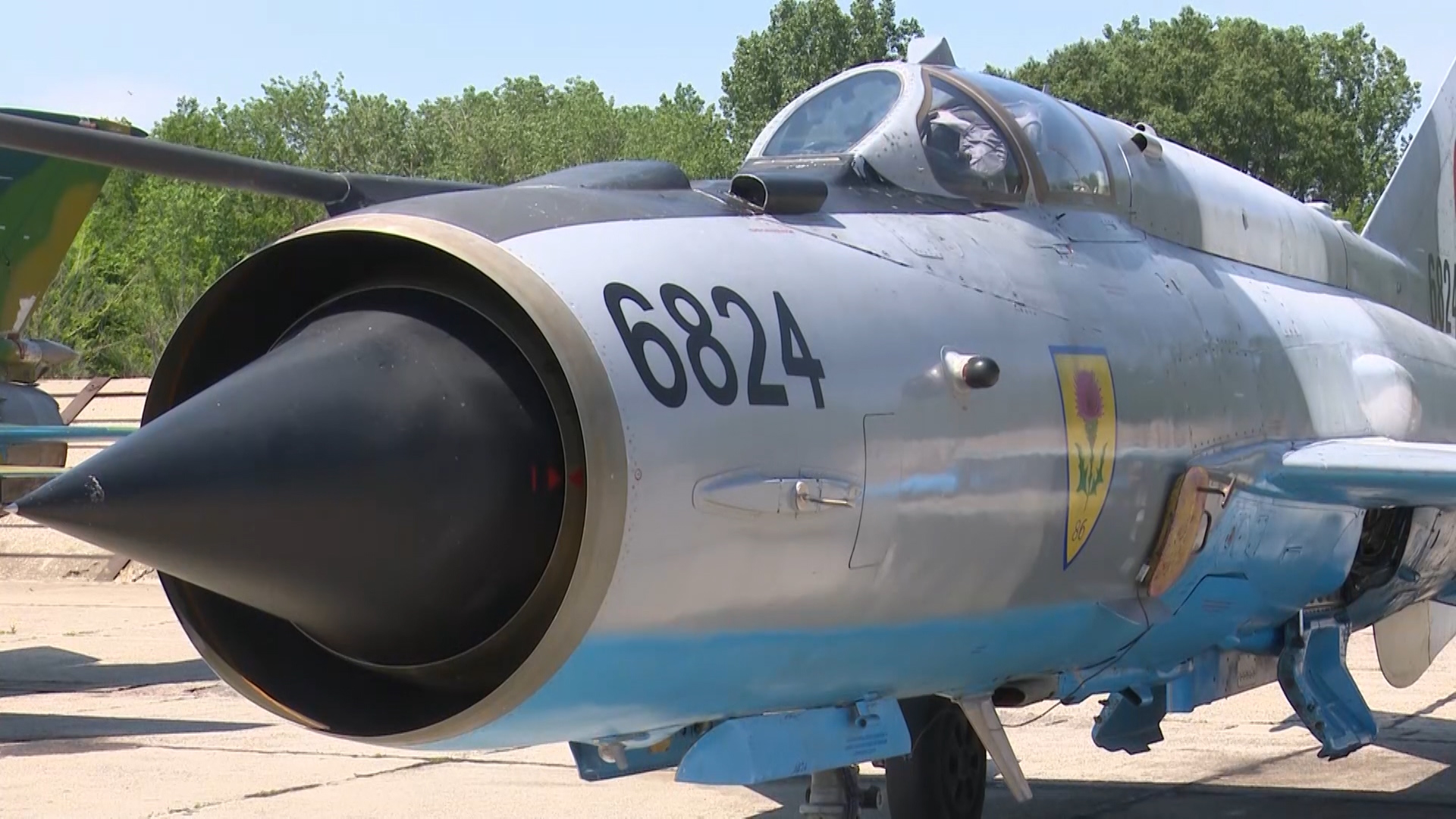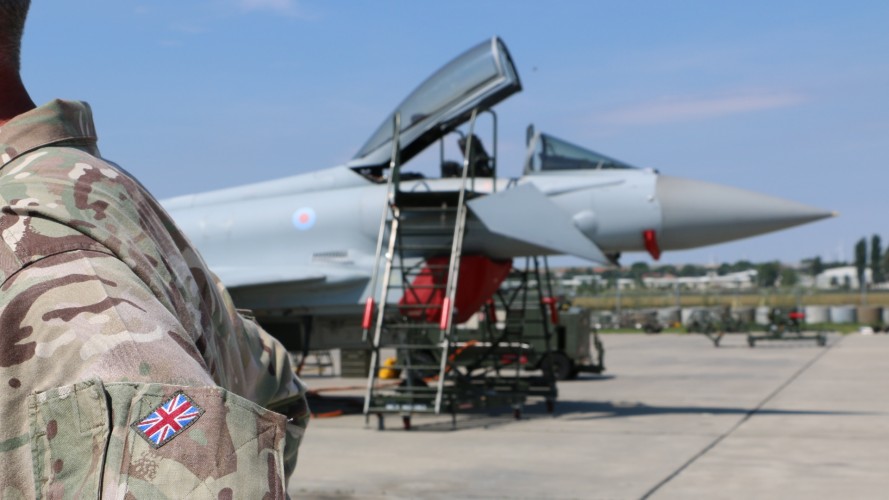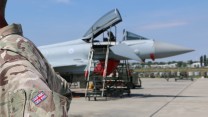The RAF Typhoons Defending NATO's Border
For the past three months, four RAF fast jets have been deployed on the front line to Romania as part of NATO’s Southern Air Policing mission.
The Typhoons are based at Mihail Kogalniceanu Air Base, known to the military as 'MK', near the coast of the Black Sea.
They have been sent to bolster the alliance's air defence along its eastern flank and to intercept any aircraft that strays into NATO airspace.
"Airspace above Romania is controlled by radars," says Andrew Coe, Wing Commander of 135 Expeditionary Air Wing.
"If there's anything suspicious at all, we'll be tasked to go and investigate.
"That could be to go and shadow - we could be ten miles away from them - or we could be tasked to go and fly next to their wing o find out who they are and what they're doing."
NATO's air policing mission was enlarged in 2014 after the events in Ukraine and 'Russia’s aggressive actions'.
The number of air patrols was increased and jets from alliance nations were deployed to Poland and Romania for the first time.
As well as conducting regular patrols along the Black Sea coast, two quick reaction Typhoons are parked undercover right beside the runway, fuelled and ready to scramble at a moment’s notice to challenge any airborne incursion.
"At times that may involve flying alongside and taking photographs," says Executive Officer and Typhoon pilot Sqn Ldr Paul Hanson.
"When we do this, it's very much a business as usual thing - we do it quite a lot in the UK, a lot in the Baltics and it certainly happens in this theatre.
"Other times we might be in a more stand off-ish posture, and giving people a bit more space."
Operating alongside the modern RAF jets are Romanian MiG 21s, many dating back to the 1980s.
Even though Romania’s Air Force is converting to the F16, the MiGs are still in daily use.
Originally designed to intercept NATO bombers during the Cold War, these Lancers are now being used to keep an eye on Moscow’s military might.

Through this deployment, the RAF aims to reassure Romania and the Baltic states that they have the full support of NATO.
The air policing mission is a collective task which runs 24/7, 365 days a year.
It has been established during the Cold War, after NATO countries realised that individual air defence systems could not effectively protect the airspace.











